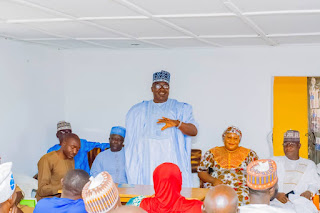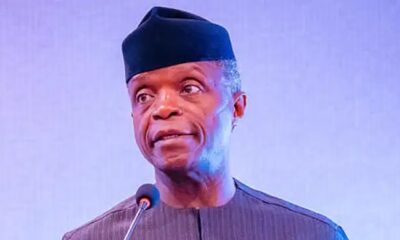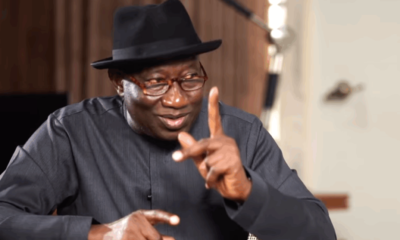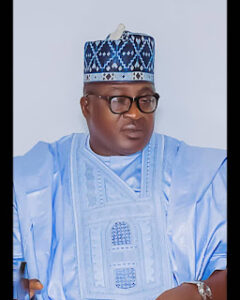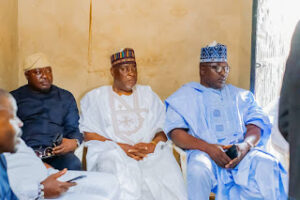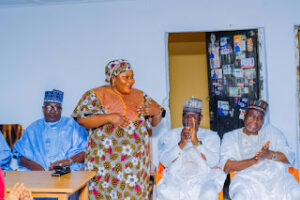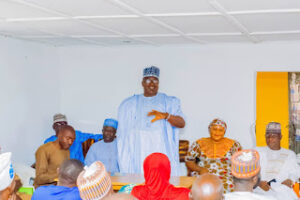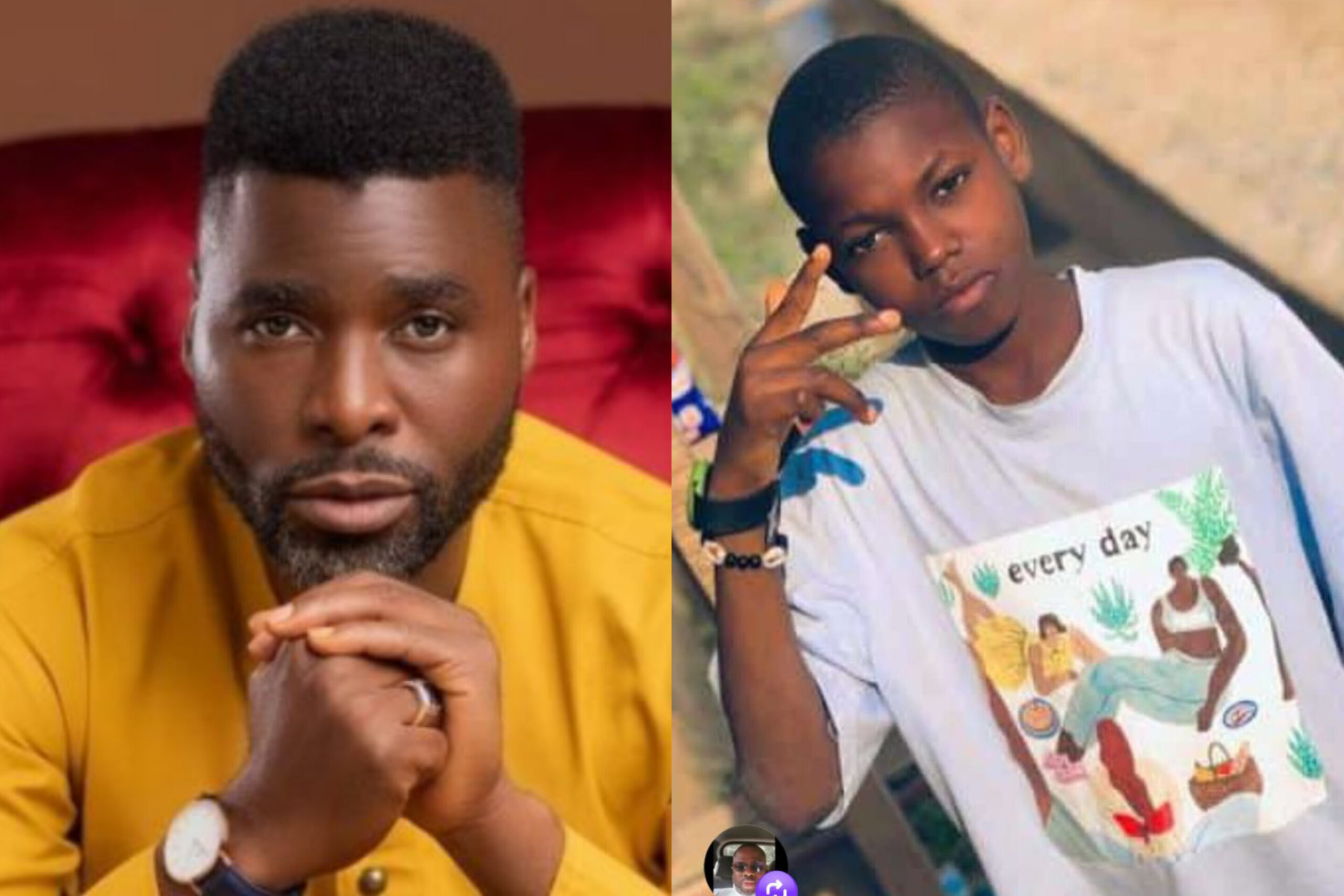The Peoples Democratic Party (PDP) has accused the All Progressives Congress (APC) of being desperate to take over Rivers state by force.
The caretaker committee of the APC in Rivers, on Tuesday, asked the Rivers house of assembly to impeach governor Siminalayi Fubara.
Tony Okocha, chairman of APC in the state, gave the directive while addressing a press conference in Port Harcourt, the capital.
Reacting during a media briefing in Abuja on Wednesday, Debo Ologunagba, the PDP spokesperson, asked the APC to perish the thought of a forceful takeover of Rivers.
Ologunagba said APC has been rejected in Rivers, noting that the party is desperate “to use violence, coercion, and bullying to undermine the will of the people and forcefully take over the state”.
“The fact that the Rivers State APC Chairman, in his warped imagination, thinks he can direct impeachment proceedings against a duly elected State Governor not only shows the level of APC’s arrogance and condescension for the people of Rivers State but also further confirms APC’s desperation to forcefully annex their democratic rights under the Constitution,” he said.
“In any event, the individuals that the Rivers State APC Chairman directed to commence impeachment proceedings against Governor Fubara are not legally members of the Rivers State House of Assembly and cannot contemplate or exercise such powers under the law.
“These individuals, by virtue of section 109(1)(g) of the Constitution of the Federal Republic of Nigeria, 1999 (as amended), have since vacated and lost their seats, rights, privileges, recognition, and obligations accruable to members of the Rivers State House of Assembly after their defection from the PDP, the political party platform upon which they were elected into the Rivers State House of Assembly.
“For emphasis, section 109 (1) (g) of the 1999 Constitution provides that: “a member of a House of Assembly shall vacate his seat in the House if … (g) being a person whose election to the House of Assembly was sponsored by a political party, he becomes a member of another political party before the expiration of the period for which that House was elected.”
“It should be noted that Section 109 (1) (g) of the Constitution is self-executory. The import of this provision is that the members of the Rivers State House of Assembly who defected have vacated their seats by reason of that defection.”
He added that the “unlawful” directive by the APC chairman for the impeachment of the governor is a “brazen call for anarchy”.
Ologunagba said the call amounts to an attempt to forcefully overthrow a democratic order in clear violation of section 1 sub-section 2 of the 1999 Constitution (as amended).
“The APC must perish the thought of forcefully taking over Rivers State as such is a direct assault on the sensibility of the people which will be resisted firmly,” he said.
On Monday, Fubara expressed dismay over the attitude of the assembly members toward his administration, adding that the lawmakers only exist because of him.
The governor added that he accepted the peace deal offered by President Bola Tinubu because it was a political solution to the rift.
In December, 27 PDP legislators in the Rivers assembly defected to the APC.
The seats of the lawmakers were subsequently declared vacant.

 BIG STORY4 days ago
BIG STORY4 days ago
 BIG STORY4 days ago
BIG STORY4 days ago
 BIG STORY2 days ago
BIG STORY2 days ago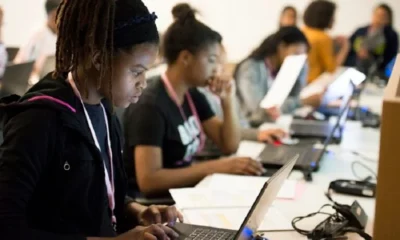
 BIG STORY4 days ago
BIG STORY4 days ago
 BIG STORY1 day ago
BIG STORY1 day ago
 BIG STORY2 days ago
BIG STORY2 days ago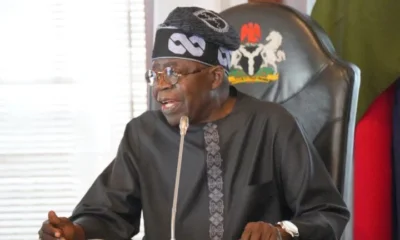
 BIG STORY3 days ago
BIG STORY3 days ago
 BIG STORY3 days ago
BIG STORY3 days ago









